From peculiar laws to strict regulations, the UK has its fair share of items and activities that are outright banned within its borders but remain perfectly legal and sometimes commonplace in other parts of the world. Here’s a look at some of these discrepancies, showcasing how cultural, legal, and safety standards can vary dramatically from one country to another.
1. Chlorinated Chicken
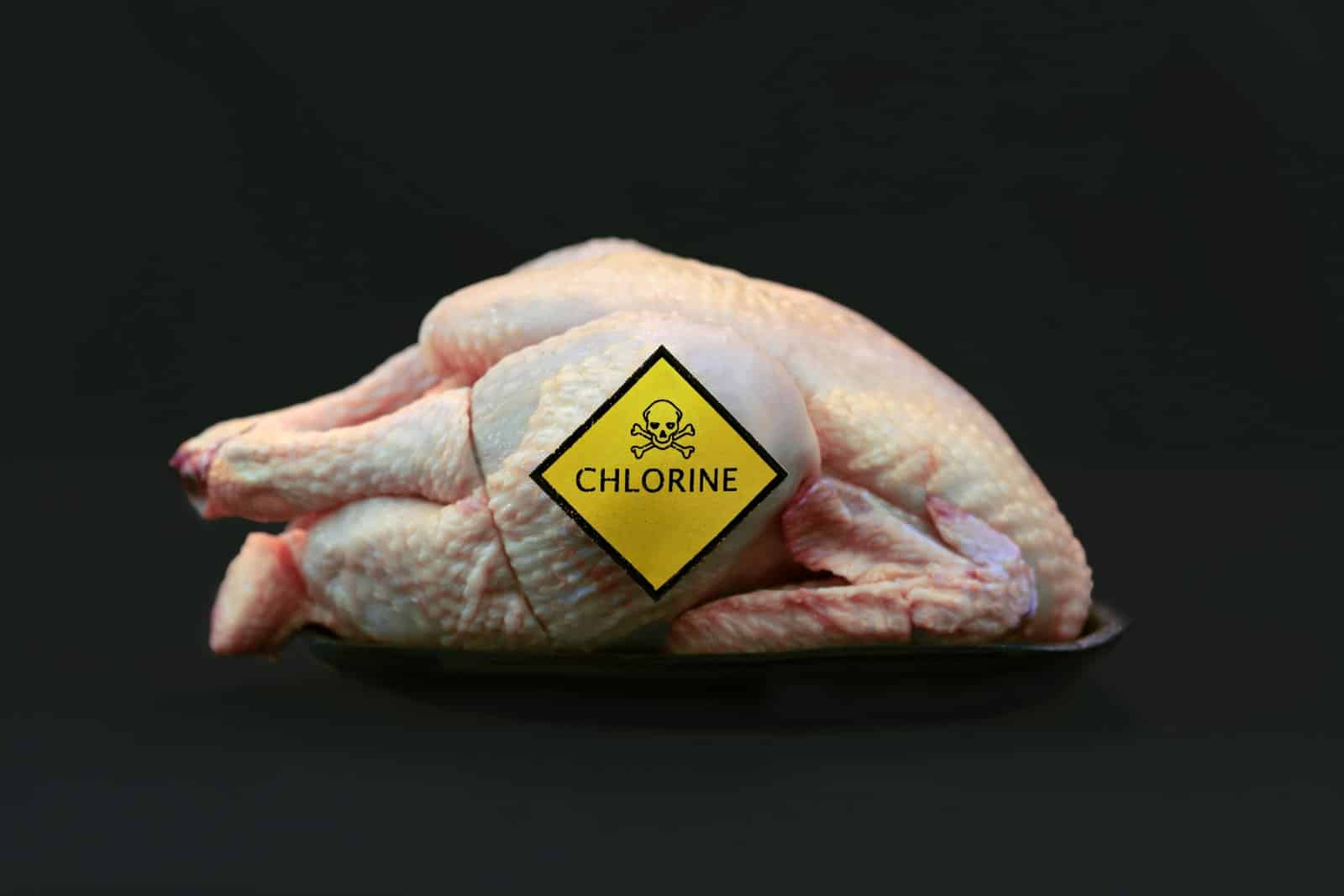
In the UK, the sale of chicken treated with chlorine is banned due to food safety concerns. However, this practice is common in the United States as a way to reduce bacterial contamination.
2. Hormone-Treated Beef
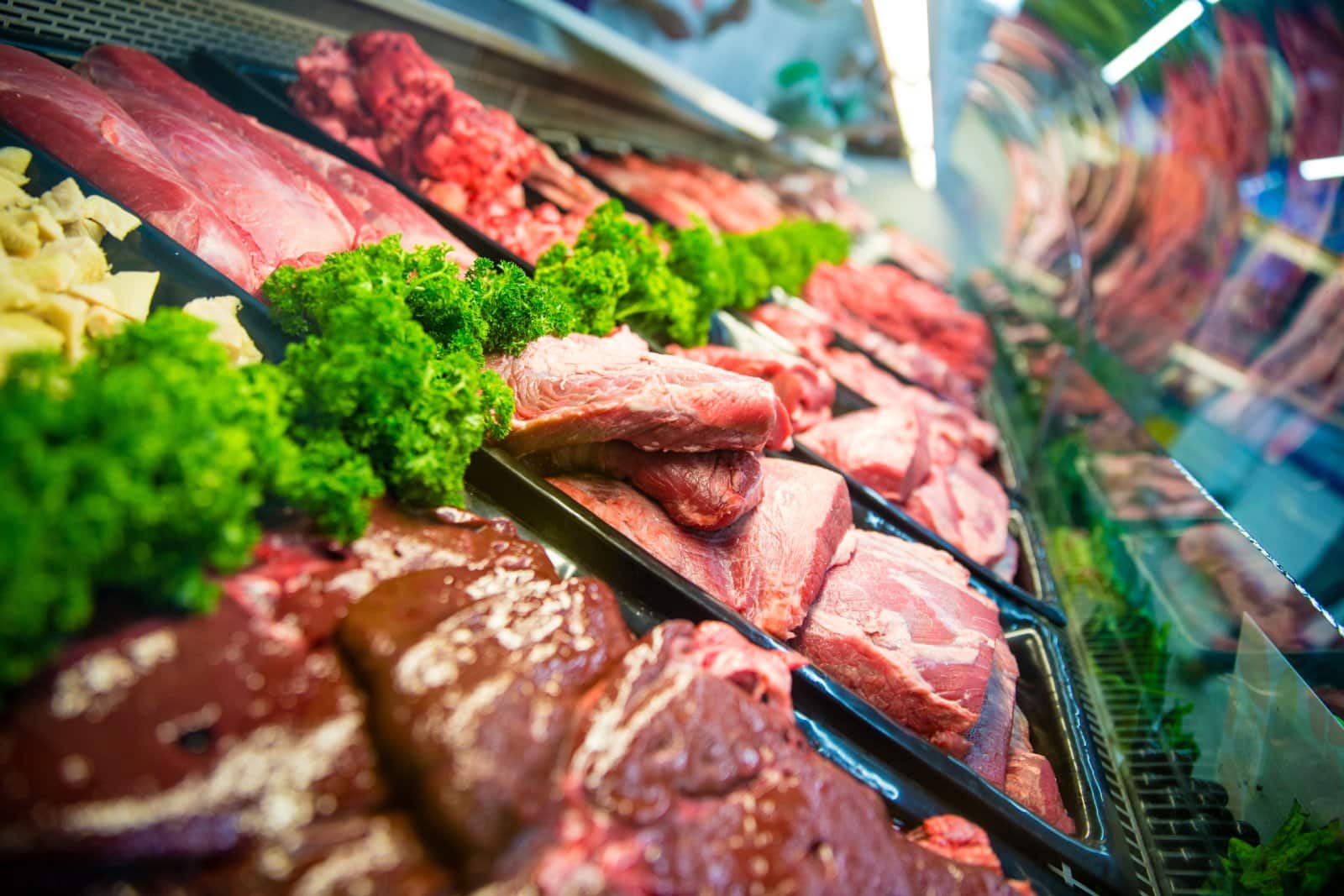
The UK, following EU standards, bans the sale of beef that has been treated with growth hormones, a method widely used in the US to promote faster growth of cattle.
3. Fox Hunting With Dogs
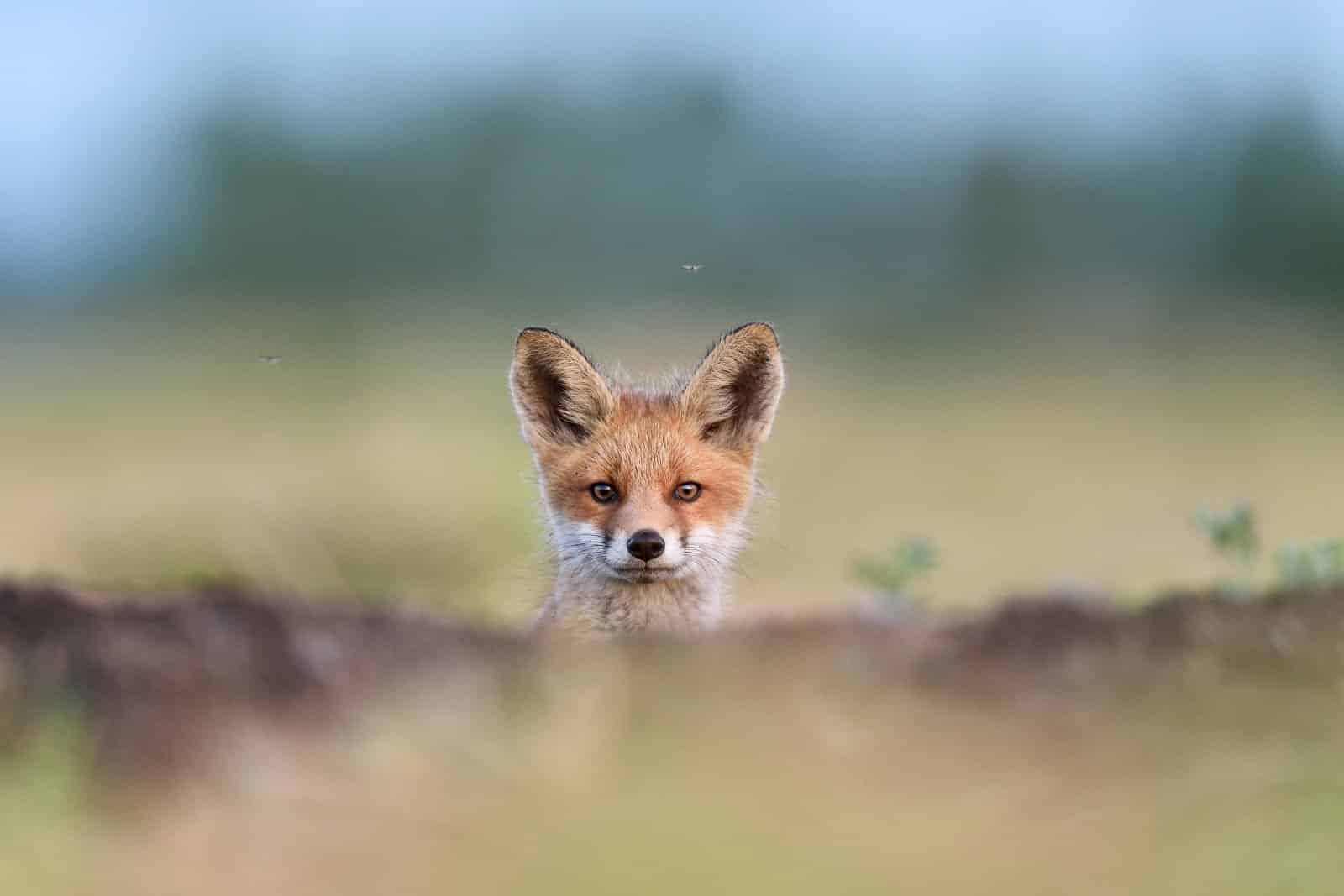
While fox hunting with dogs has been banned in the UK since 2004 due to animal cruelty concerns, it remains legal and practiced in many parts of the US and Canada under regulated conditions.
4. Samurai Swords

The UK banned the importation and sale of samurai swords in 2008, except for certain antiques and replicas. In contrast, buying and owning these swords is legal in most parts of the US.
5. Adverts for Prescription Drugs

Direct-to-consumer pharmaceutical advertising is banned in the UK, as it is in most of the world, except in the US and New Zealand, where such adverts are allowed and common.
6. Child Car Seats Facing Forward for Newborns
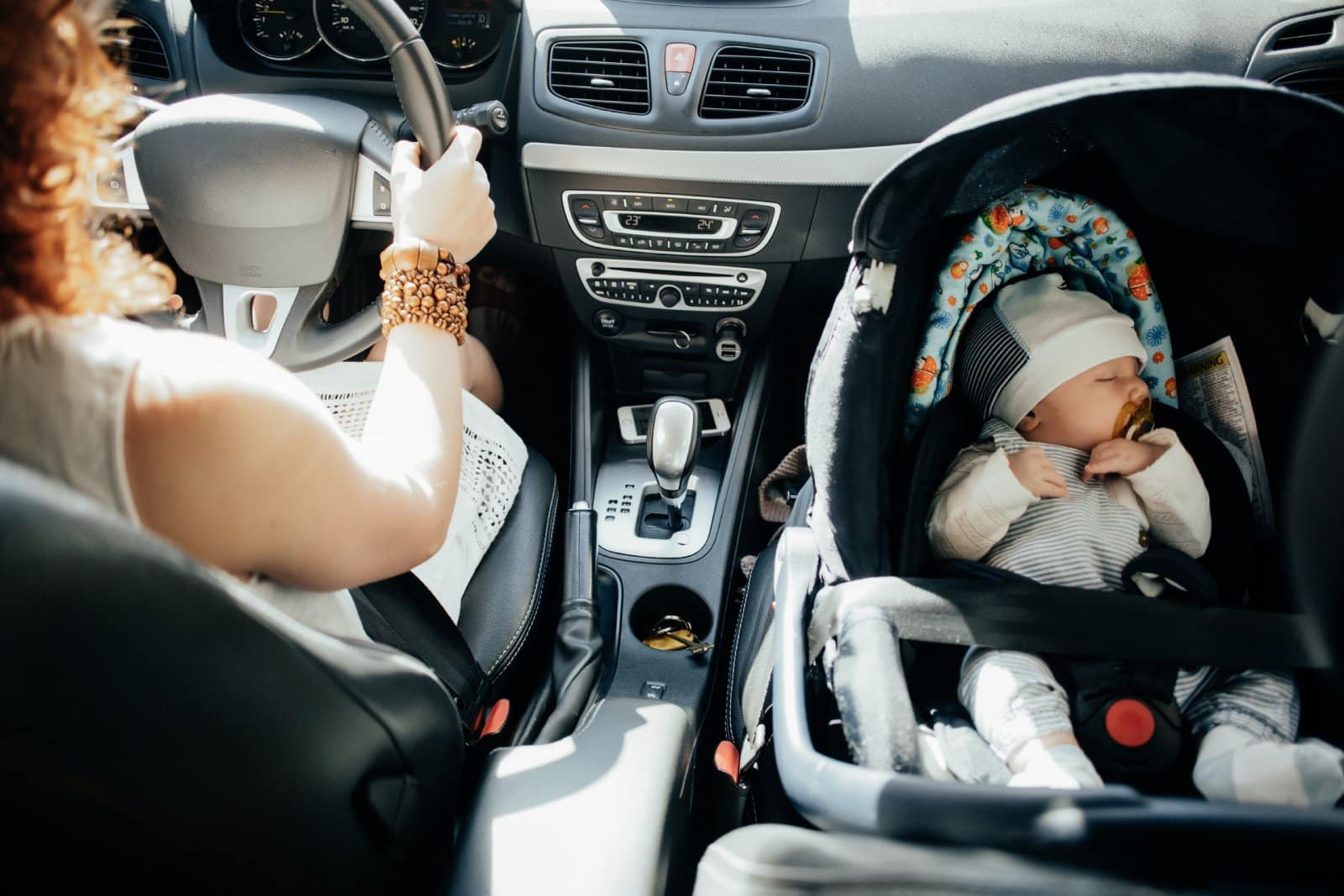
In the UK, regulations require newborns to be placed in rear-facing car seats until they are at least 15 months old. Meanwhile, in the US, parents can opt to switch to a forward-facing seat much earlier.
7. Incandescent Light Bulbs

The sale of higher-wattage incandescent light bulbs is banned in the UK to encourage energy saving. In contrast, many countries, including the US, still allow their sale and use.
8. Zoos Selling Animals

In the UK, legislation strictly regulates the sale of zoo animals, aiming to protect their welfare. However, in some countries, private sales of exotic animals by zoos are more loosely regulated.
9. Kinder Surprise Eggs
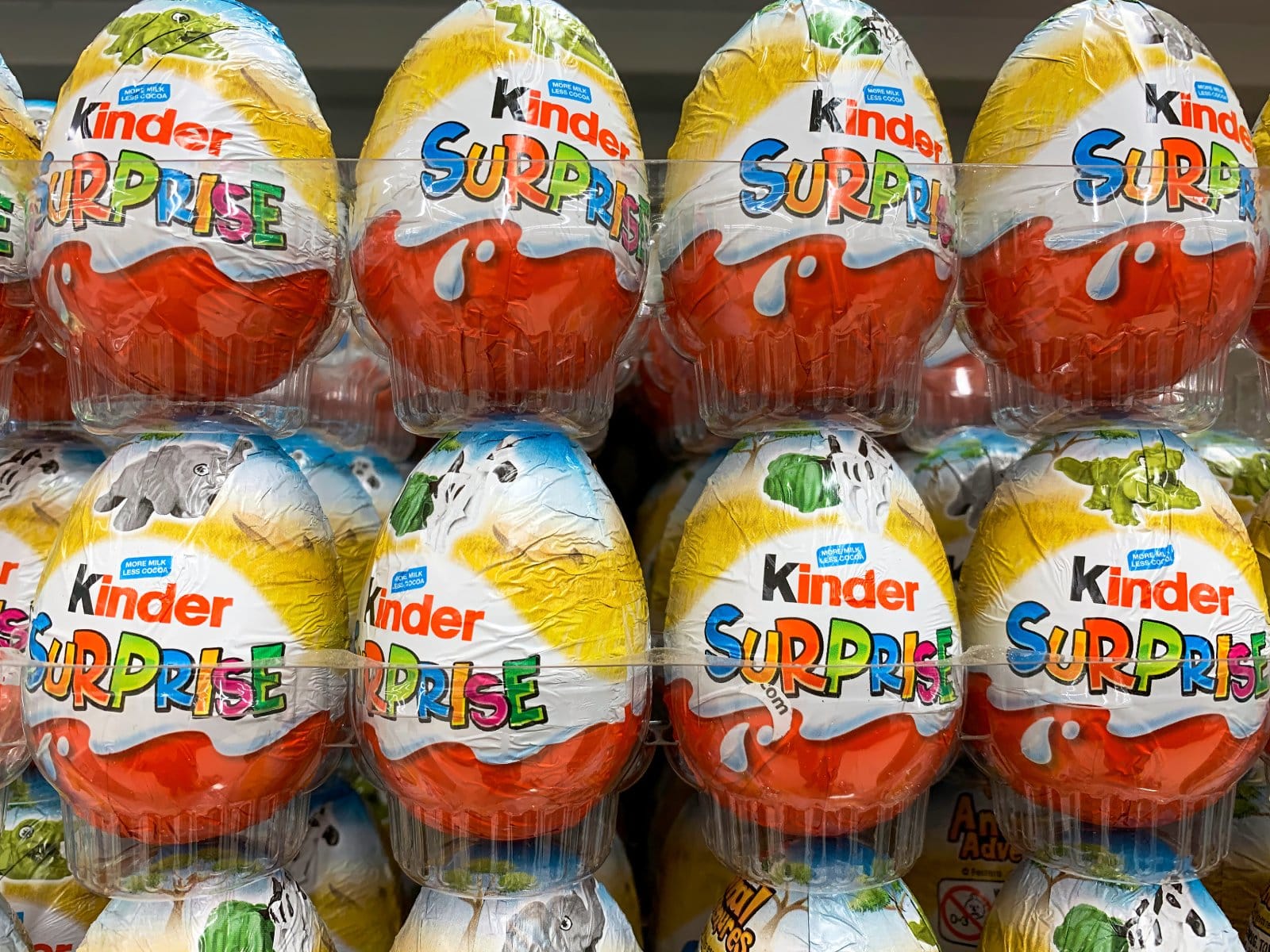
Famous for its small toy inside a chocolate shell, Kinder Surprise eggs are banned in the US due to a law against embedding non-food items completely within food products. They remain popular and legal in the UK.
10. Manual Labour on Sundays

Laws in the UK restrict shop opening times and manual labour on Sundays, reflecting the country’s day of rest policy. This contrasts with places like New York City, where such restrictions do not exist.
11. Fireworks in Residential Areas

In the UK, fireworks are heavily regulated and restricted to certain times of the year. In contrast, many US states have far fewer restrictions on the purchase and use of fireworks by individuals.
12. Magnetic Fishing
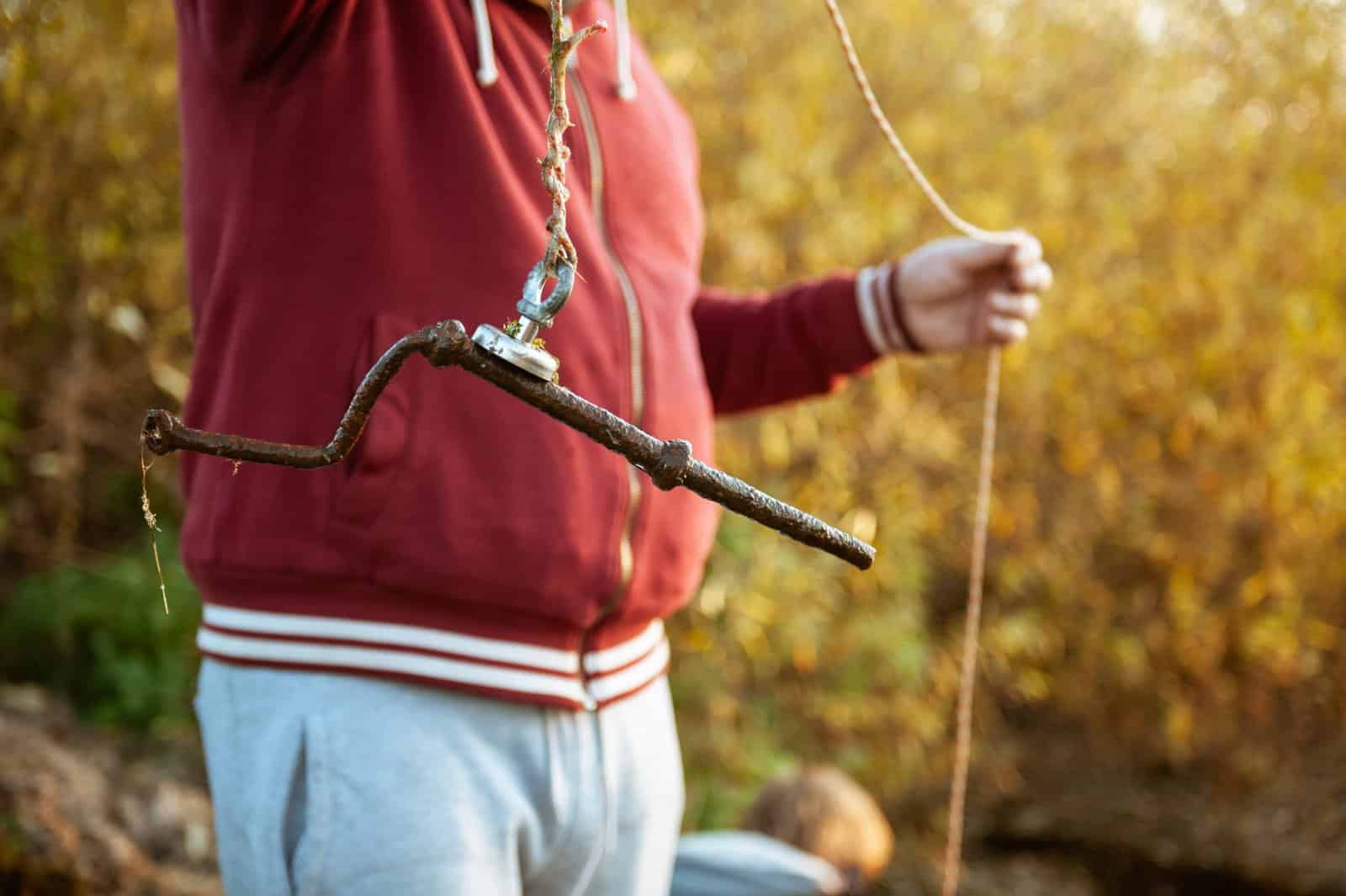
While growing in popularity across Europe and the US, magnetic fishing is banned in some areas of the UK due to concerns about pulling up dangerous items like unexploded ordnance.
13. Asbestos

All forms of asbestos are banned in the UK due to health risks. However, several countries, including Russia and China, still mine, produce, and use asbestos in construction.
14. Pit Bull Terriers
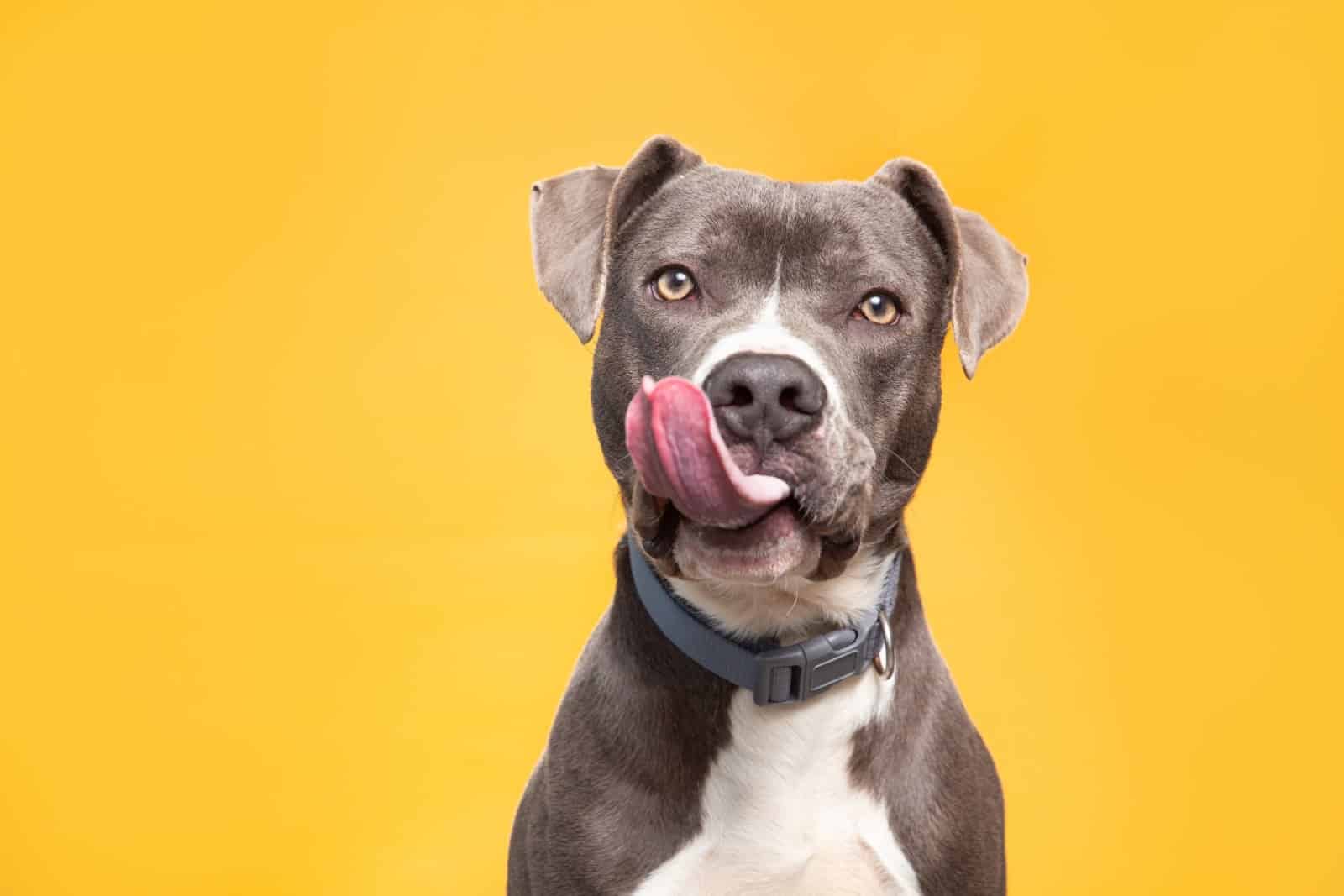
The UK banned pit bull terriers under the Dangerous Dogs Act. Meanwhile, in the United States, ownership of pit bulls is legal and they are among the most popular breeds.
15. Drinking Alcohol in Public Places

In many parts of the UK, local laws ban consuming alcohol in public places to prevent disorder. Conversely, countries like Germany and Japan have more relaxed laws regarding public alcohol consumption.
Differing Norms
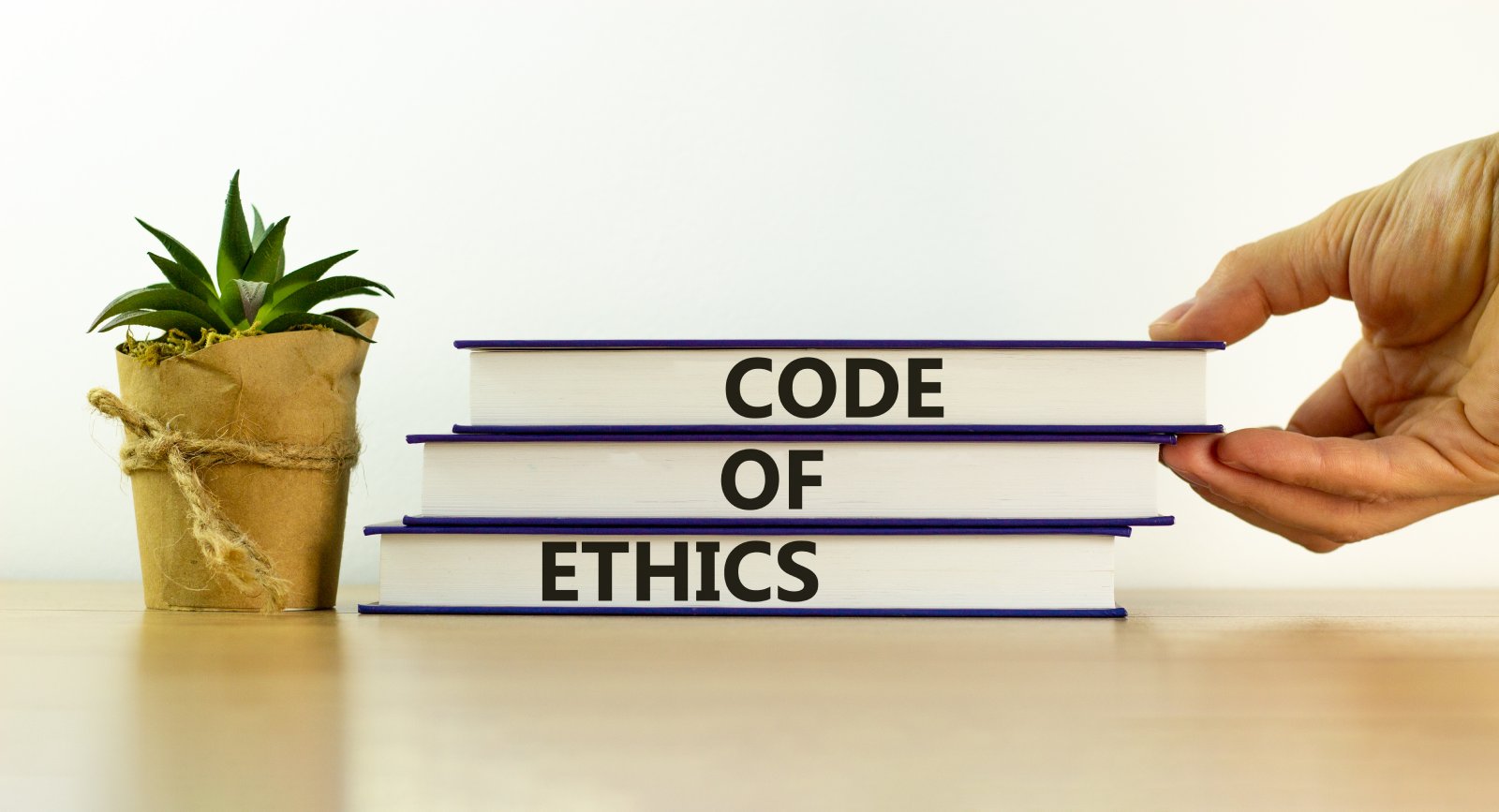
These examples highlight how diverse legal systems can be when it comes to what is deemed acceptable or safe, reflecting different cultural values and societal norms.
Featured Image Credit: Pexels / Monstera Production.
For transparency, this content was partly developed with AI assistance and carefully curated by an experienced editor to be informative and ensure accuracy.

